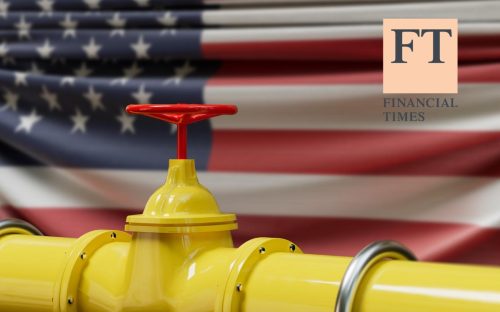CNN | The Dutch court ruling in favor of Shell has significant implications for the global effort to combat climate change.
The court acknowledged the urgent need to address climate change and affirmed that companies are responsible for human rights violations resulting from it. However, it ultimately sided with Shell, arguing that there’s no clear scientific consensus on specific emission reduction targets for individual corporations. This decision effectively shields Shell from legal pressure to drastically reduce its reliance on fossil fuels and shift towards cleaner energy sources.
Mark van Baal, the founder of Follow This, a group that aims to compel major energy companies to reduce emissions through shareholder votes at their annual meetings, said the ruling intensifies investors’ responsibility to “reform Big Oil.” “The court’s decision is a setback in the fight against the climate crisis,” he added.
The ruling also raises questions about the effectiveness of international climate agreements like the Paris Agreement, which rely on voluntary commitments from countries to reduce emissions. If corporations are not held accountable for their contribution to climate change, it becomes more difficult to achieve the ambitious goals set out in these agreements. This is particularly concerning given that a small number of companies are responsible for a disproportionate share of global emissions.










